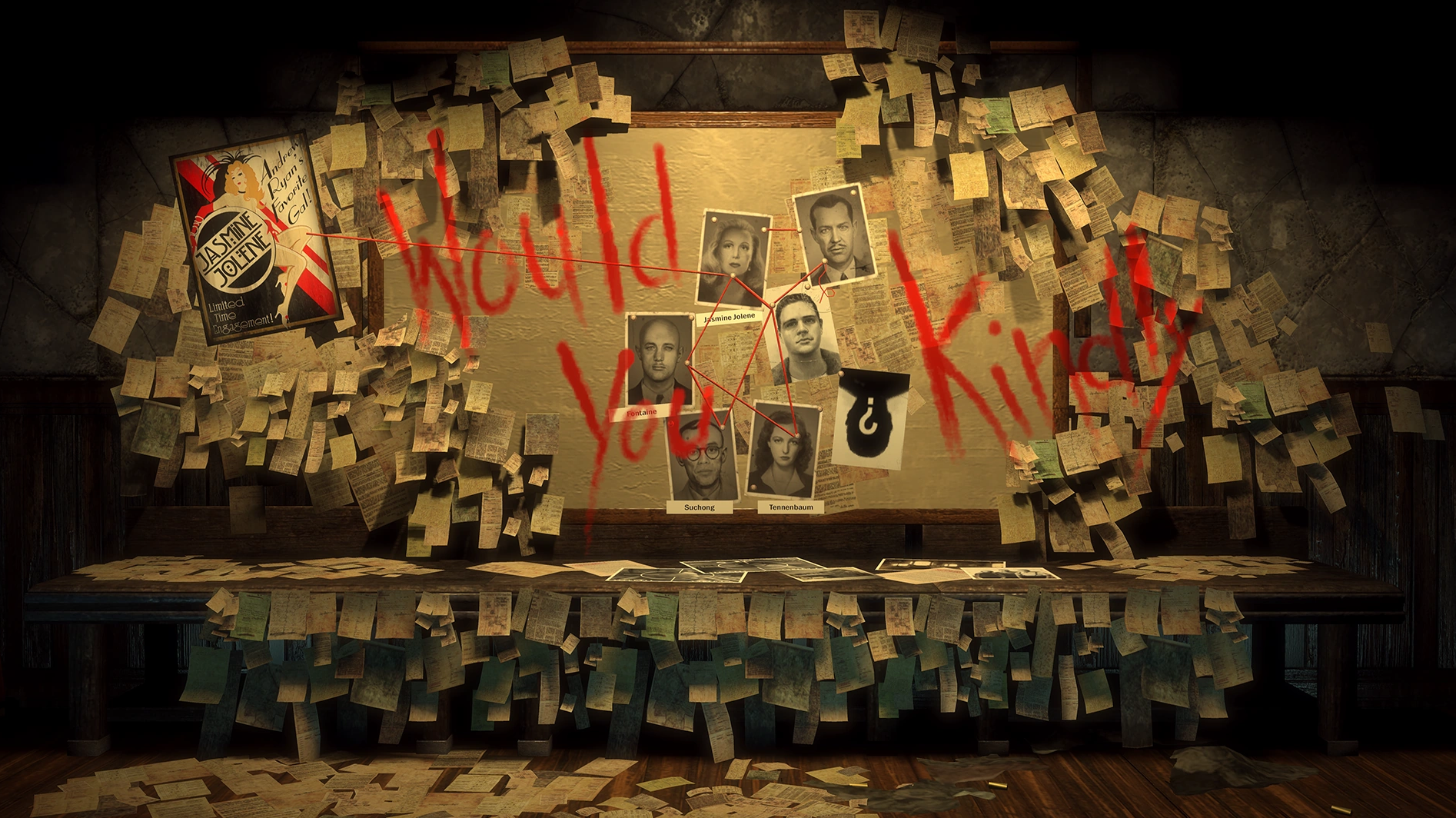From shocking betrayals to reality-bending reveals, these are the video game plot twists that left players speechless. The kind of moments that make you question everything – even your save file.
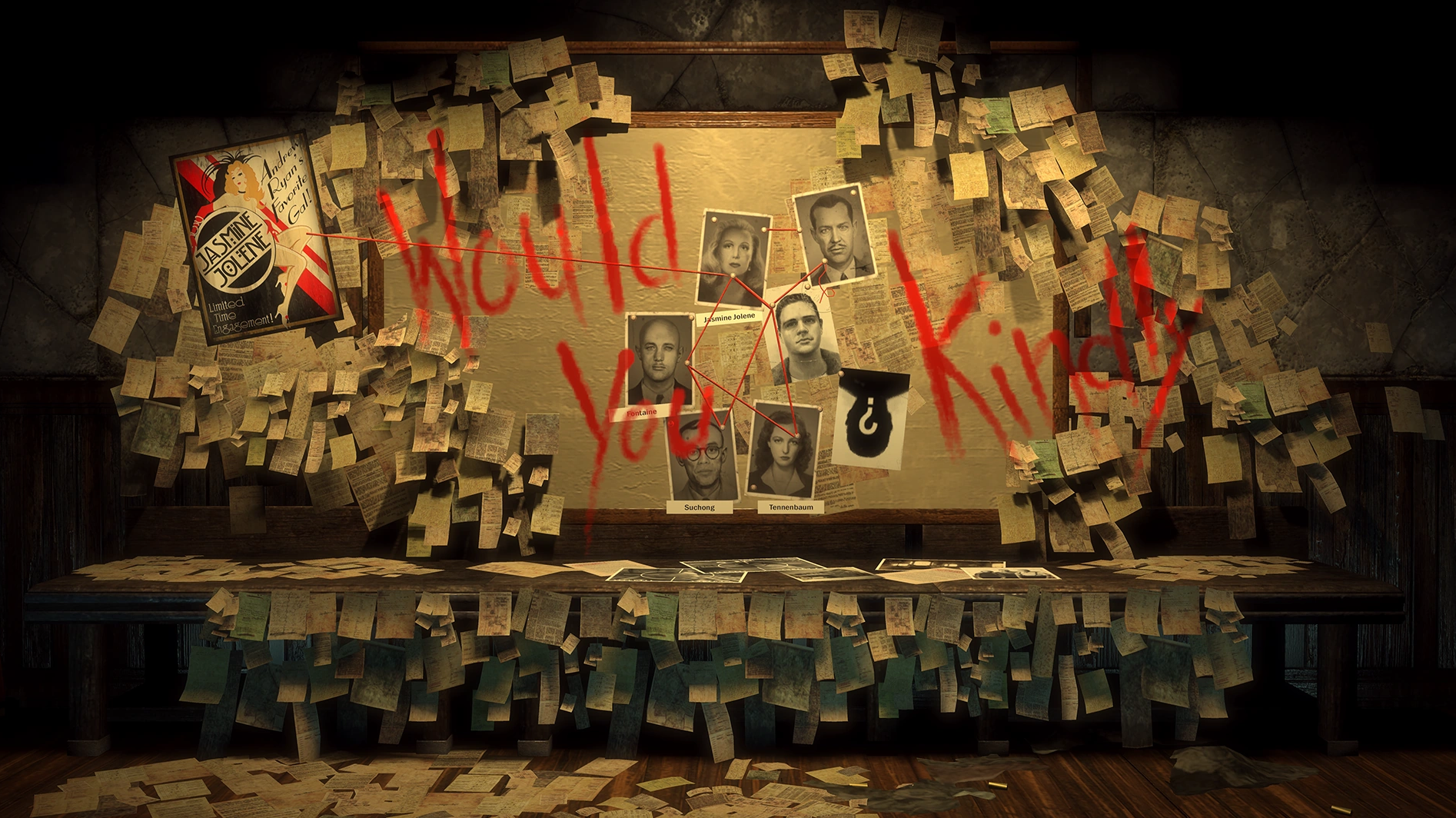
Let’s be honest – video games love to mess with our heads. Just when we think we’ve got the story all figured out, the rug gets pulled out from under us, leaving us staring at the screen in stunned silence. Whether it’s realizing you’ve been the villain all along or that your “helpful” mentor was playing you from the start, these twists hit harder than a boss fight with no save point.
From mind-bending sci-fi reveals to emotional gut-punches that made us question every decision we’d made, these games delivered the kind of surprises you never forget. Some rewrote the rules of storytelling; others just broke our hearts for fun. Either way, here are the plot twists that made us drop our controllers and say, “Wait… what?!”
Mouthwashing (2024) – The Ship Crash Was A Deliberate Murder-Suicide Orchestrated By Jimmy
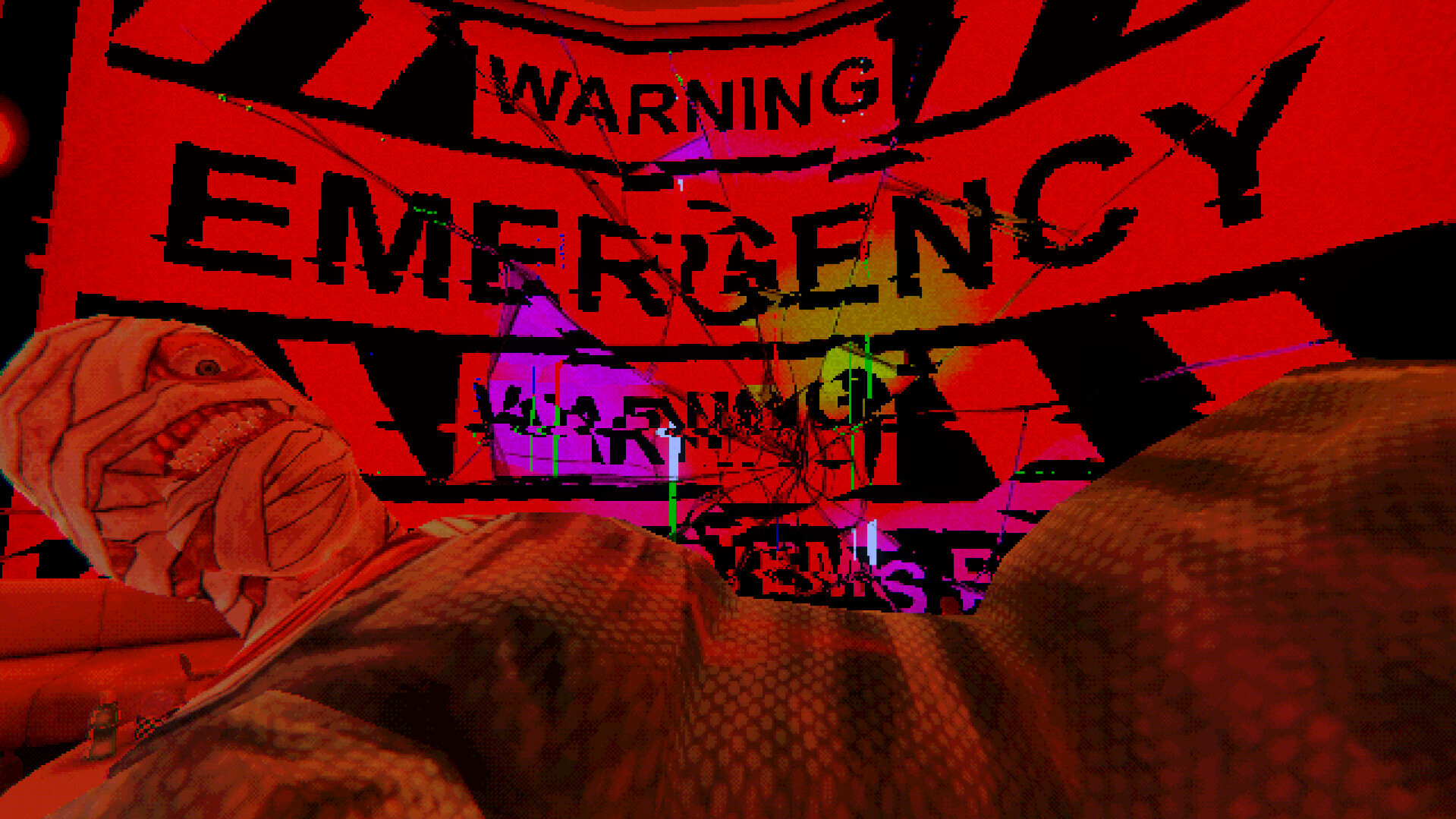
At first, Mouthwashing feels like a slow, eerie descent into someone else’s nightmare. You wake up after a shipwreck, piecing together fragments of memory that never quite fit right – until it hits you like a freight train: Jimmy didn’t just crash the ship by accident. He did it on purpose, dragging everyone down to cover up his own guilt. The game messes with perception in ways that make you question every moment leading up to that revelation. What starts as psychological horror becomes a full-blown confession from a man drowning in his lies – literally and figuratively. When the truth surfaces, you’re left realizing the scariest monsters are the ones in denial.
Soma (2015) – You’re Not Human; You’ve Been A Copy Of Your Consciousness Inside A Machine All Along
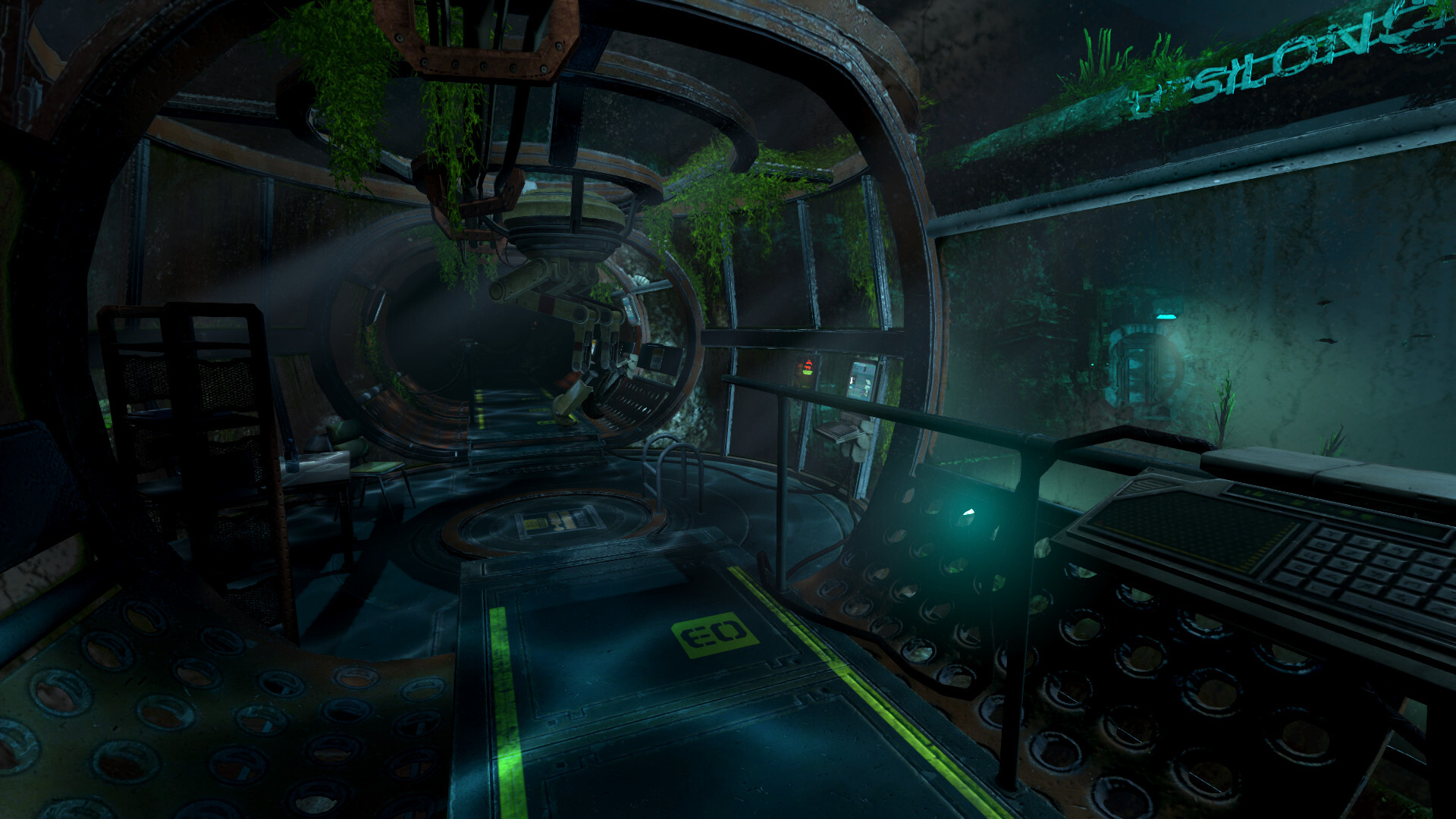
Imagine fighting to survive an underwater apocalypse, only to discover that the body you’re in isn’t even yours. Soma lures you in with the promise of sci-fi horror and ends with one of gaming’s most existential gut punches. You’re not human – you’re a scan of a consciousness, a digital echo trapped in a decaying metal shell. Every decision you make suddenly feels heavier, because if you’re just data, what does it mean to “live” or “die”? The game turns a classic survival premise into a terrifying meditation on identity and self-awareness. And when you finally face the truth, you can’t help but wonder if your reflection was ever real to begin with.
Fallout 4 (2015) – Paladin Danse, The Loyal Brotherhood Soldier, Turns Out To Be A Synth
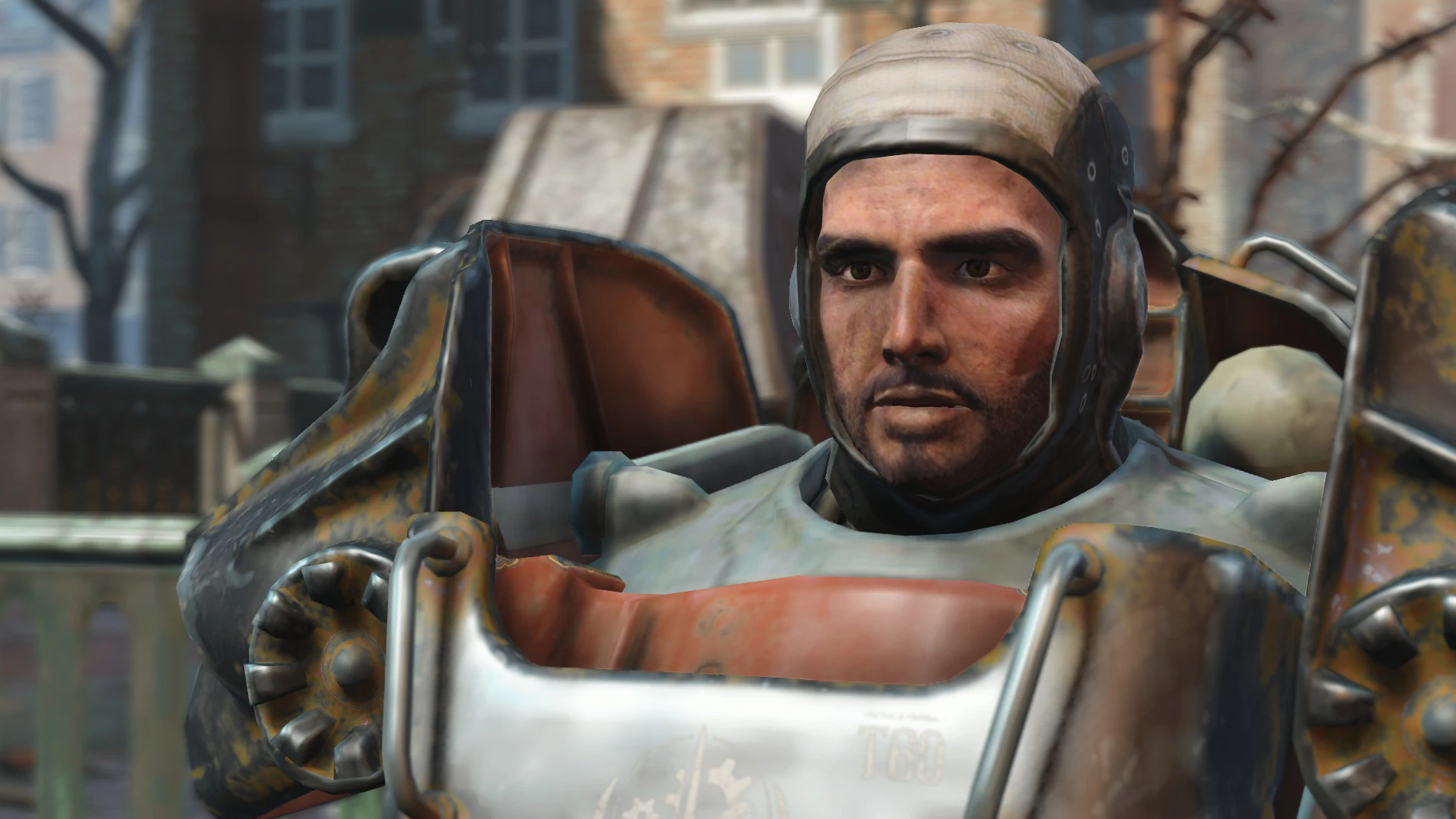
In a world full of mutants, raiders, and rogue robots, Fallout 4 still manages to save one of its biggest shocks for the Brotherhood of Steel’s golden boy. Paladin Danse, the picture of loyalty and military pride, turns out to be the very thing he’s sworn to destroy – a synth. The revelation completely flips your perception of him, forcing you to confront one of the series’ biggest moral gray areas. Do you turn him in to his own people, or do you stand by him, knowing his humanity is more genuine than most? It’s a rare moment in gaming that makes you stop, think, and maybe question who the real machines are.
BioShock Infinite (2013) – Booker DeWitt And Comstock Are The Same Person, Split Across Alternate Realities

Nothing quite prepares you for the headache-inducing brilliance of BioShock Infinite’s ending. One moment, you’re trying to rescue a mysterious girl and escape a city in the clouds; the next, you’re knee-deep in parallel universes, moral paradoxes, and a revelation that Booker DeWitt and Comstock are – wait for it – the same person. The narrative folds in on itself like an origami crane made of regret and guilt, forcing you to reconcile every action you’ve taken. It’s time travel, religious symbolism, and emotional trauma all shaken together into one perfect, brain-melting cocktail. By the time it’s over, you’re left staring at the screen, muttering, “What just happened?”
Spec Ops: The Line (2012) – You Were The Villain All Along; The Horrors You Witnessed Were Your Own Actions Distorted By Delusion
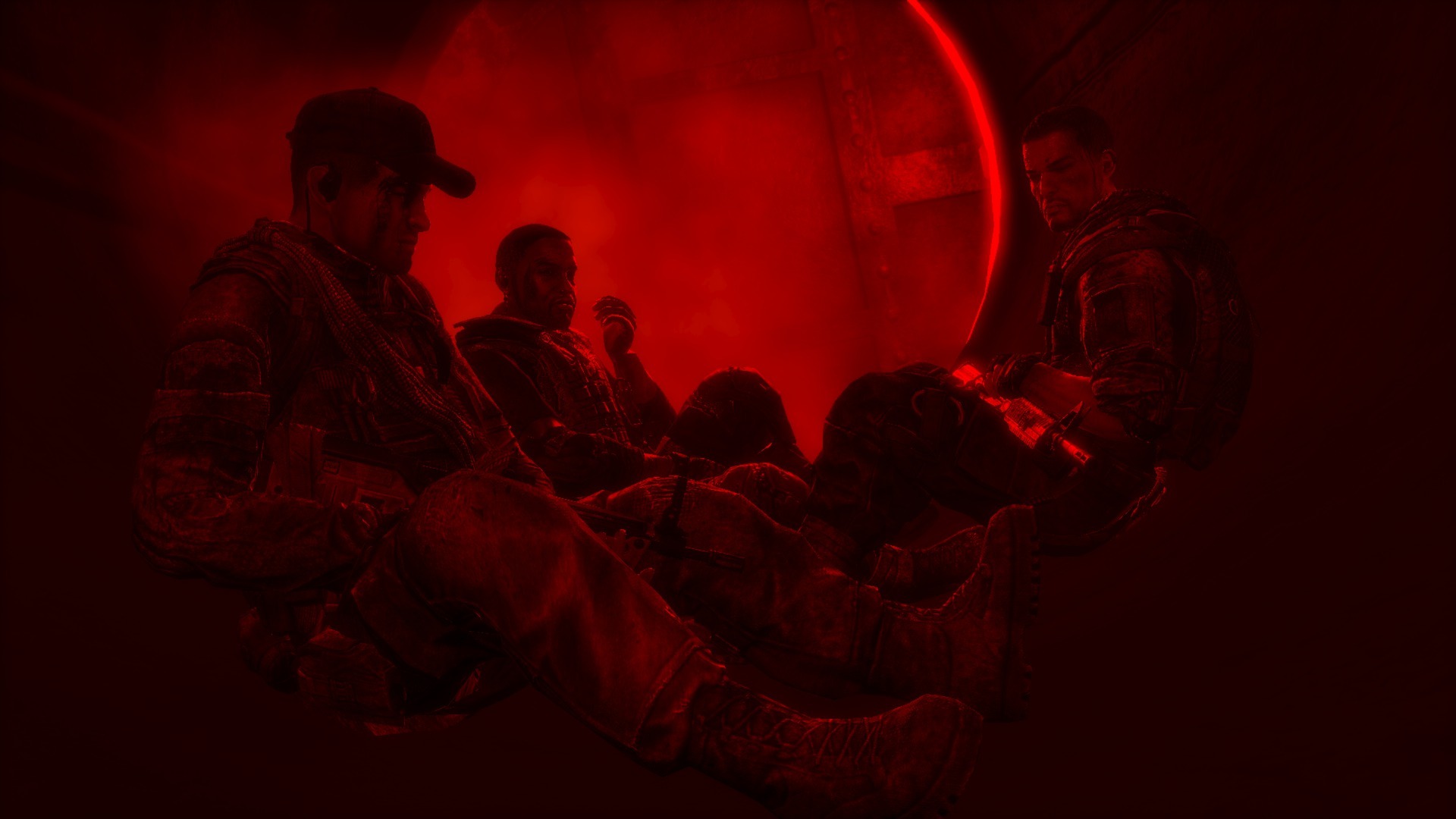
At first glance, Spec Ops: The Line looks like another gritty military shooter. Sand, soldiers, and moral duty – it’s all there. But as you descend into the chaos of Dubai, things get darker, stranger, and horrifyingly personal. The big twist? You’re not the hero at all. Everything you’ve done – the killings, the destruction, the horror – wasn’t some noble mission gone wrong. It was you. The game holds up a mirror and dares you to look, confronting players with the uncomfortable truth about violence in games and the stories we tell ourselves to justify it. It’s not just a plot twist; it’s an accusation dressed as gameplay.
Alice: Madness Returns (2011) – Your Psychologist, Dr. Bumby, Is The One Responsible For Your Trauma And Descent Into Madness

Poor Alice can’t catch a break. Escaping into Wonderland was supposed to be her way of coping, not uncovering the very reason she lost her mind in the first place. Alice: Madness Returns plays out like a fever dream stitched together from broken memories and whispered lies, all pointing to one trusted figure – Dr. Bumby. The revelation that he’s the one who caused her trauma turns the whole story into a gothic tragedy wrapped in Victorian lace and blood. Suddenly, the monsters stop feeling symbolic – they’re personal. It’s rare for a game to pull off a twist that makes you rethink every level, but this one leaves you questioning what’s real and what’s just another layer of delusion.
Call of Duty: Black Ops (2010) – The Mysterious “Numbers” In Mason’s Head Were Soviet Brainwashing Commands All Along
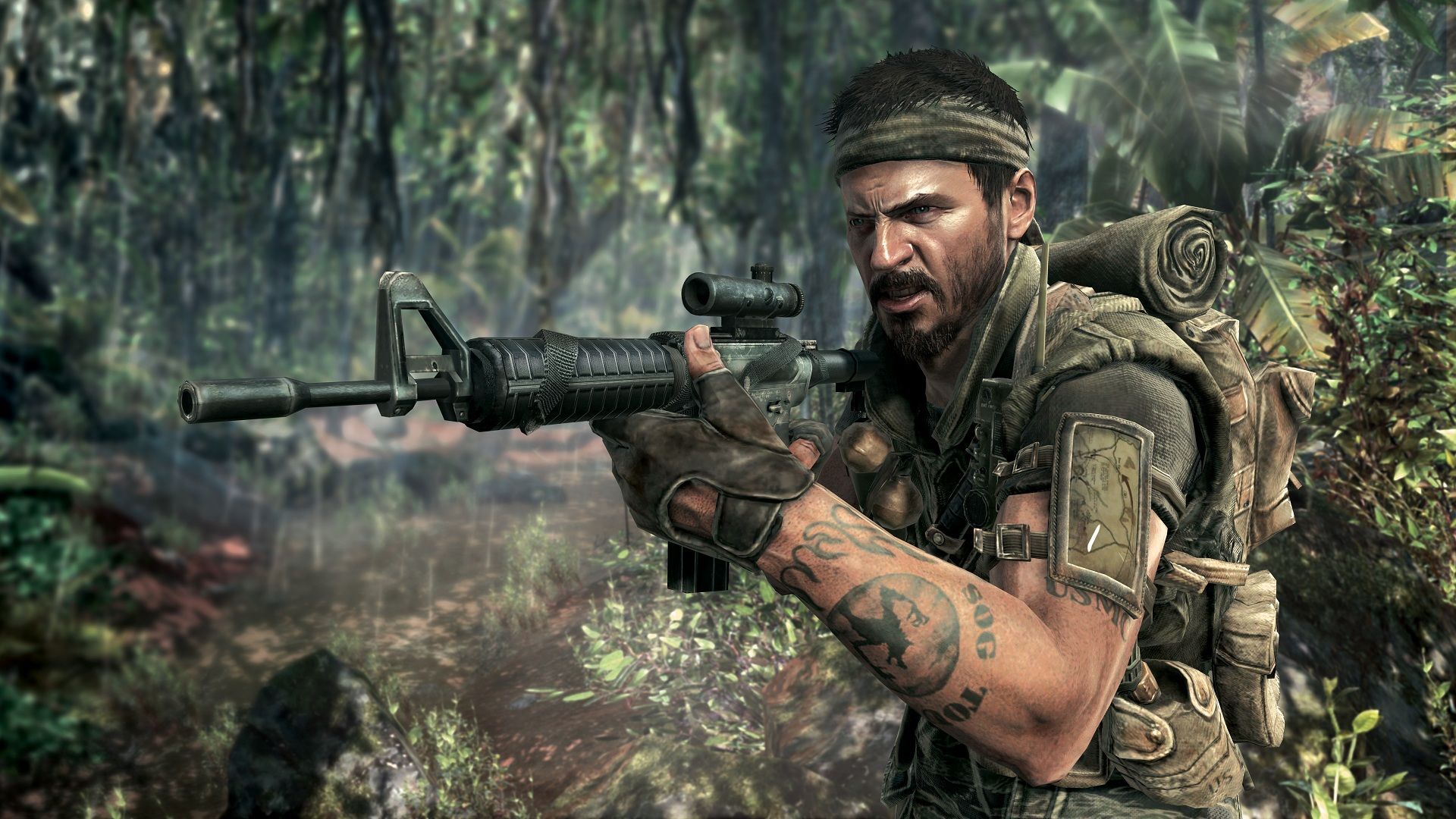
When Black Ops first dropped, everyone expected explosive missions and Cold War drama – not psychological warfare worthy of a conspiracy thriller. As Mason mutters about “the numbers,” you assume it’s just PTSD or mission stress. Nope. Turns out, those numbers are Soviet brainwashing commands, implanted deep inside his head. That twist doesn’t just blow up the story – it detonates everything you thought you knew about the protagonist. Suddenly, the line between soldier and puppet gets disturbingly thin, and every flashback feels like a trapdoor opening under you. It’s a masterclass in how to make players question their own memories, one whispered number at a time.
Mass Effect 2 (2010) – The Mission You’re Doing Is Orchestrated By The Very Enemies You Thought You Were Fighting
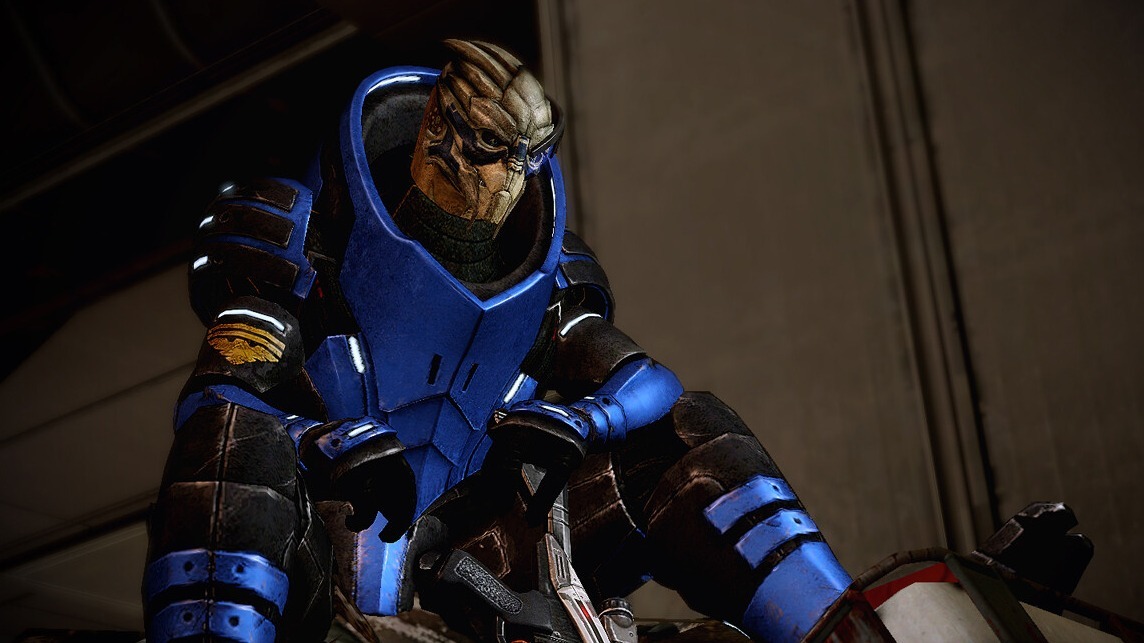
You’d think saving humanity from extinction earns you some clarity. Not in Mass Effect 2. After spending hours assembling the perfect squad, risking lives, and punching reporters (as one does), you learn the shocking truth: the “suicide mission” you’re on was engineered by the very forces you were trying to stop. It’s one of those moments that make you stare at the dialogue wheel a little longer, questioning who’s really in control. BioWare managed to twist a heroic space opera into a story about manipulation, trust, and the uncomfortable reality of being someone’s pawn. And somehow, it still makes you care enough to charge straight into the trap anyway.
Braid (2008) – You’re Not Rescuing The Princess – You’re The Monster She’s Been Running From
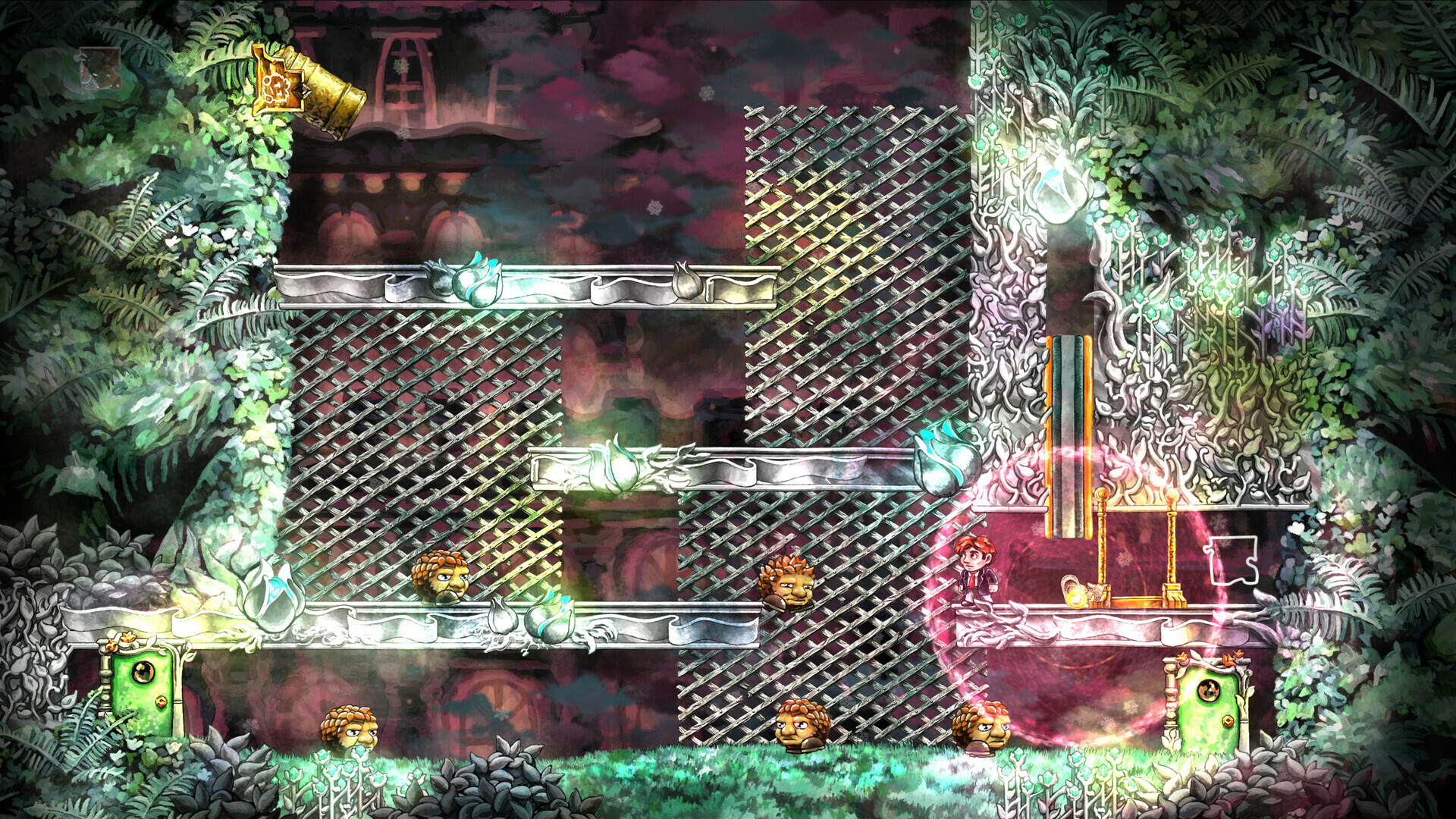
At first, Braid feels like a charming puzzle-platformer wrapped in artsy time mechanics and poetic musings about love and regret. But that final moment? Absolute whiplash. All the rewinding, the chasing, the desperate search for the princess – it’s not a rescue mission. You’re the reason she’s running. The game cleverly flips your perspective in the last level, revealing that your noble quest was actually a nightmare from her point of view. It’s storytelling as a trap, beautifully disguised as nostalgia. When the truth lands, it redefines everything you thought you understood about the story – and maybe even about yourself as a player.
BioShock (2007) – The Phrase “Would You Kindly?”
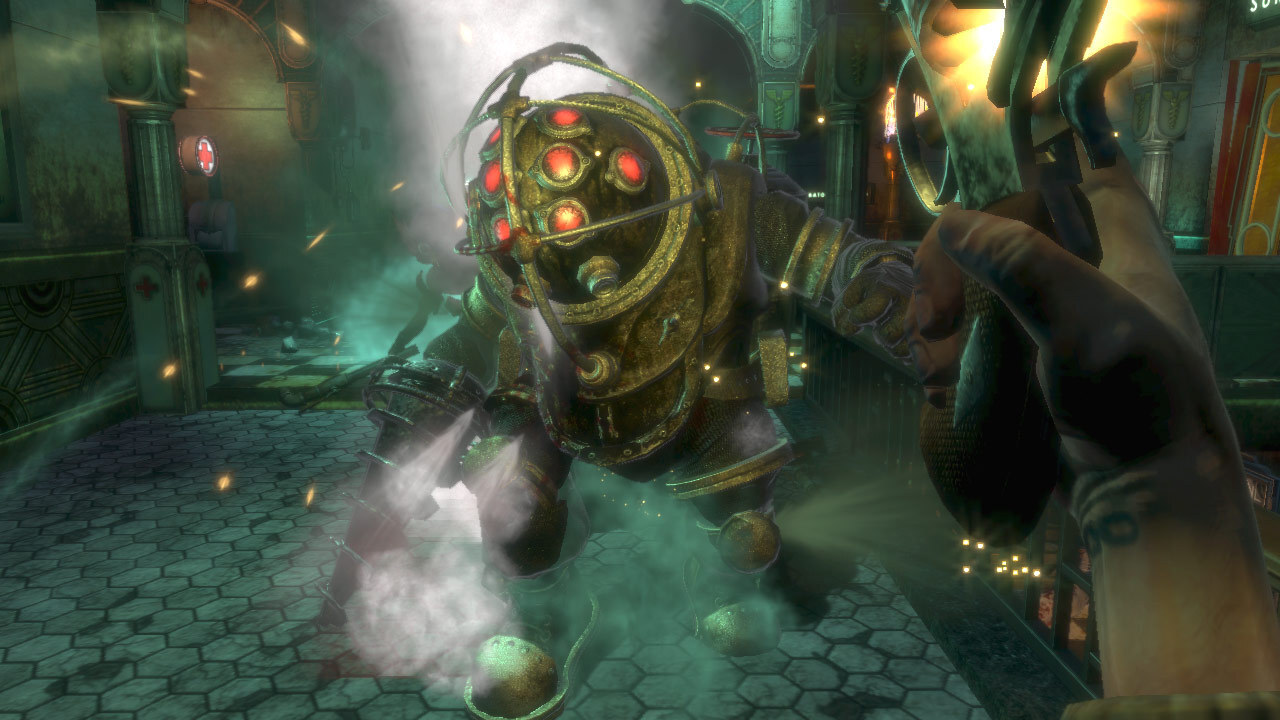
“Would you kindly…” It sounds polite, harmless even – until you realize it’s the verbal key to your obedience. BioShock hides one of gaming’s most devastating twists in plain sight, and when it’s revealed, it hits like a moral freight train. Every mission, every act of “choice,” wasn’t choice at all. You were being controlled from the very start, just another cog in a dystopian machine built on lies and ego. The moment you understand the phrase’s true meaning, it reframes everything: the gameplay, the story, even your sense of agency. It’s not just a twist – it’s a meta-commentary on how we play games themselves.
Shadow of the Colossus (2005) – You’re The True Villain; The Colossi You’ve Been Killing Were Innocent Beings Sealing Away An Ancient Evil
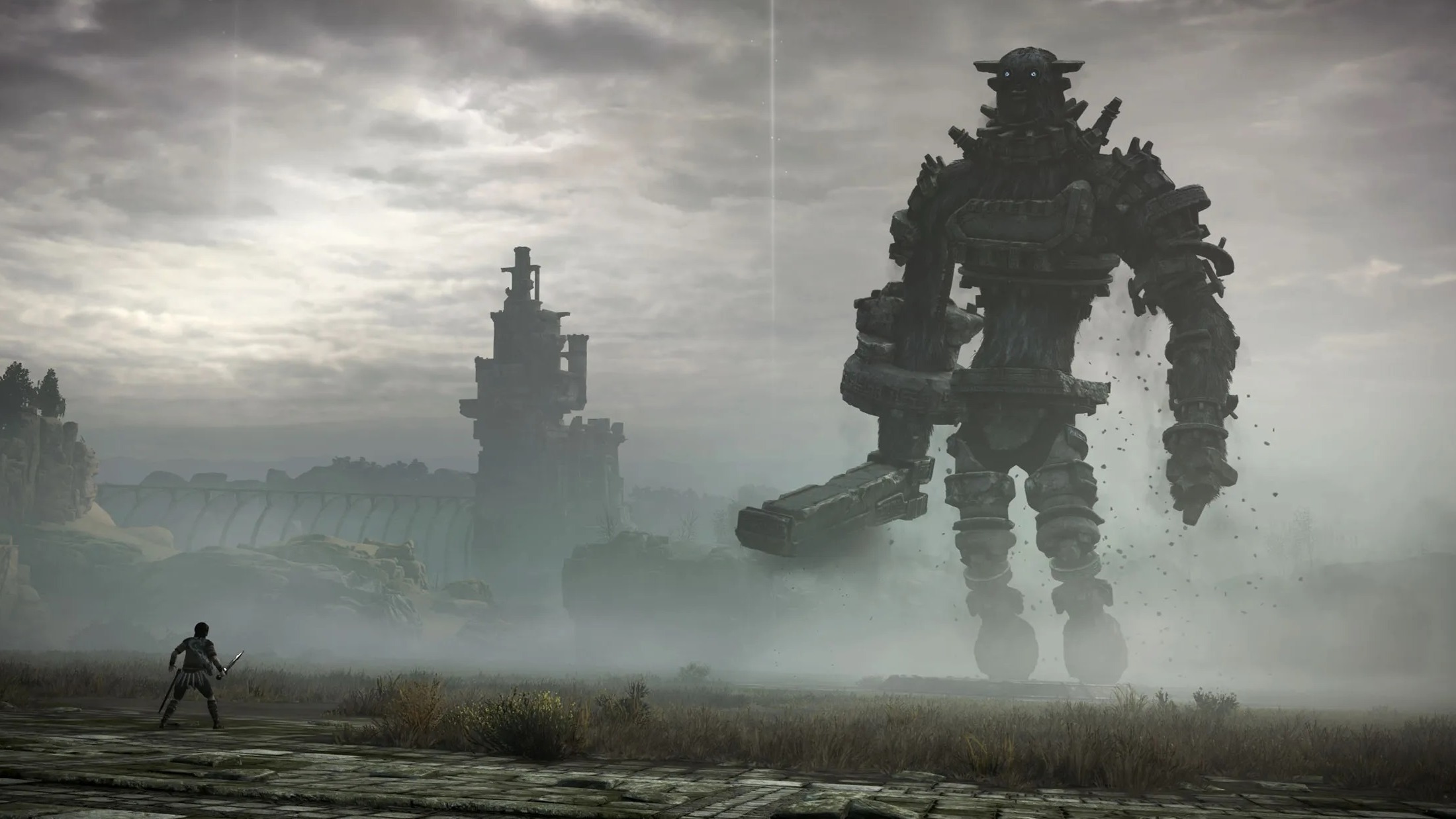
Nothing screams “heroic quest” like slaying towering stone giants to save your beloved, right? Shadow of the Colossus plays that note beautifully – until it rips the instrument apart. The quiet, almost sacred atmosphere of the game hides one of the cruelest twists in gaming: you’re not the savior, you’re the problem. Each majestic creature you defeat isn’t evil – they’re guardians, and every victory corrupts you further. When the truth finally breaks through the fog, it’s not triumph you feel, but dread. It’s a masterpiece of minimalist storytelling that turns guilt into gameplay, and you’re left wondering if love was ever worth that kind of sacrifice.
Star Wars: Knights of the Old Republic (2003) – You Discover That You’ve Been Playing as Darth Revan, The Fallen Jedi You Were Hunting
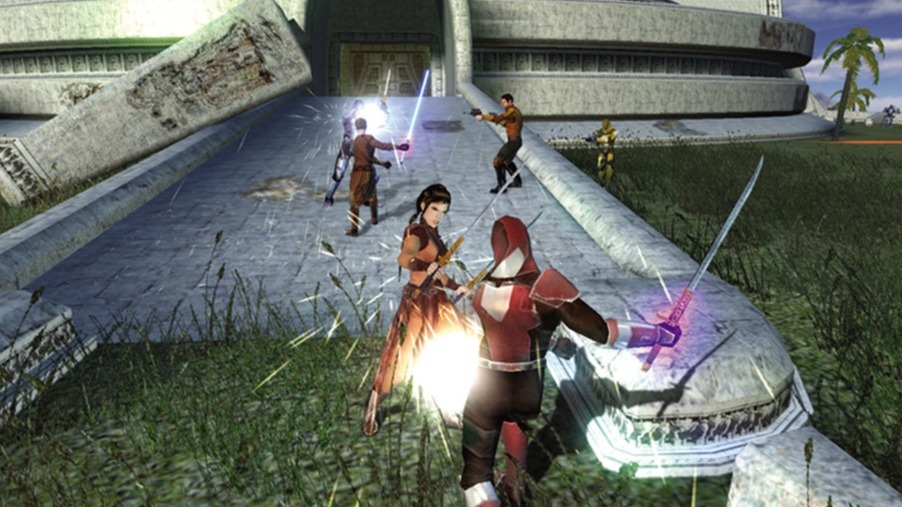
The galaxy far, far away has pulled off its fair share of surprises, but nothing prepared players for the revelation buried at the heart of Knights of the Old Republic. All this time, you weren’t the hero sent to stop the Sith – you were the Sith. The fallen Jedi, Darth Revan, reborn without memory. The moment that mask comes off, the entire story reframes itself, turning every ally, every choice, every mission into a question of redemption versus destiny. It’s one of those rare twists that feels earned, reshaping the lore and redefining the moral weight of your actions.
Silent Hill 2 (2001) – James Sunderland Killed His Wife Mary
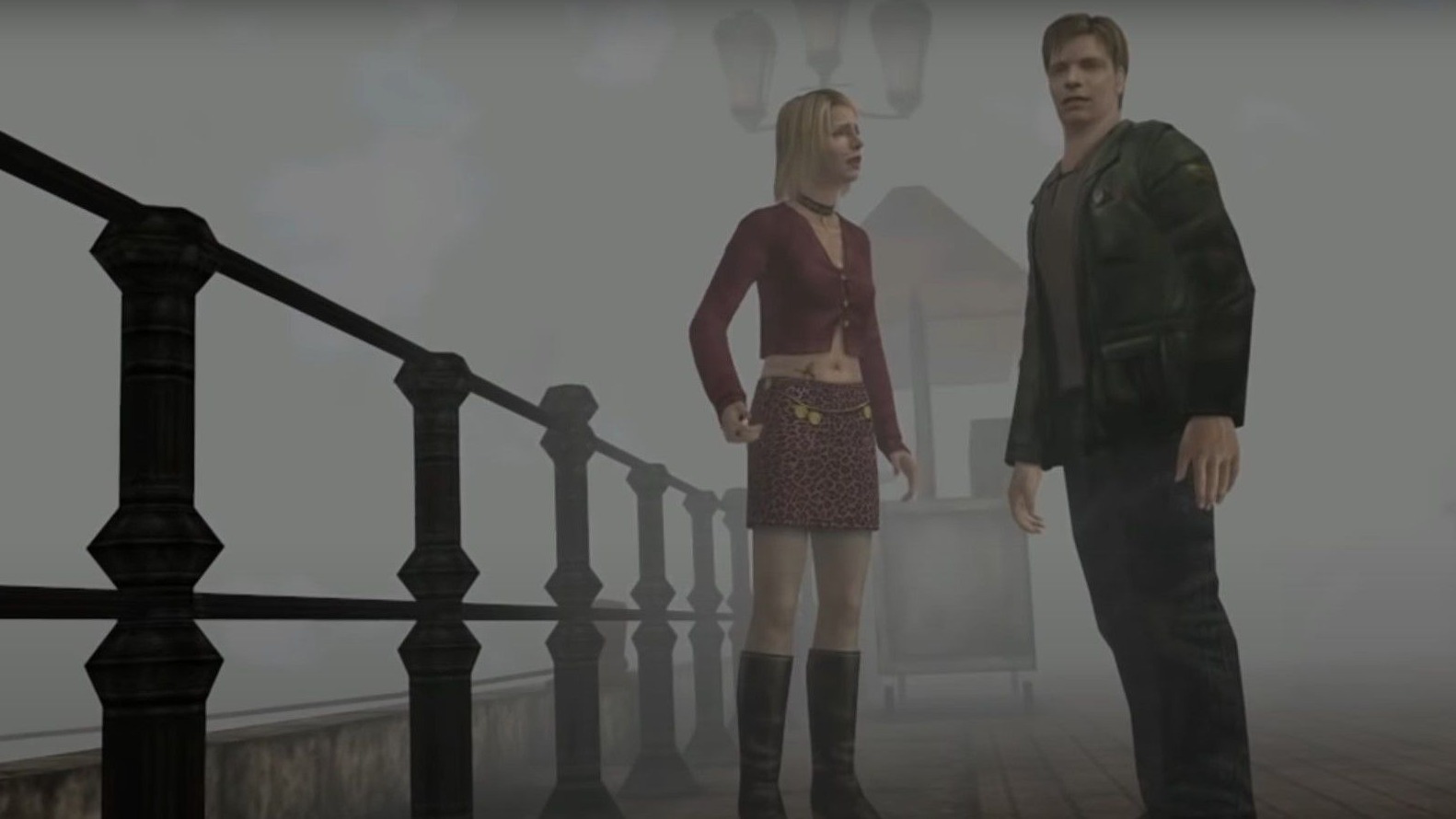
Few endings have the raw emotional gravity of Silent Hill 2. For hours, you wander through a fog-choked town, haunted by guilt and grief, desperately searching for your wife. The deeper you go, the more the monsters start to feel… familiar. When the truth finally surfaces – that James killed Mary himself – the horror becomes heartbreak. The town isn’t cursed; it’s a mirror, forcing him (and you) to face the truth he’s buried. It’s psychological horror at its purest, where every grotesque creature and twisted hallway reflects something festering inside. And when the credits roll, it’s not fear that lingers – it’s sorrow.


































